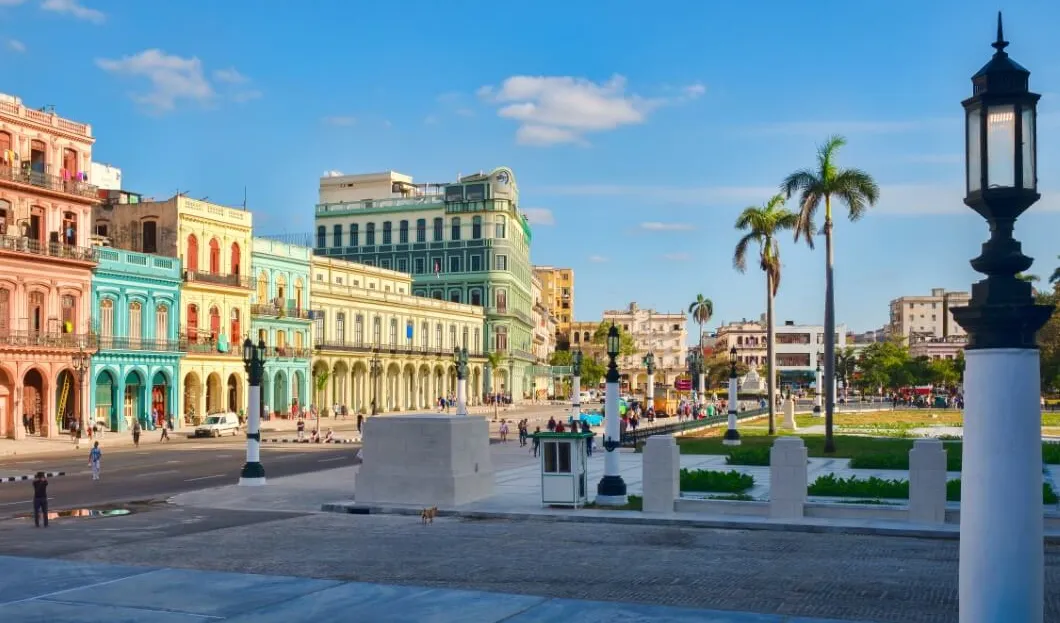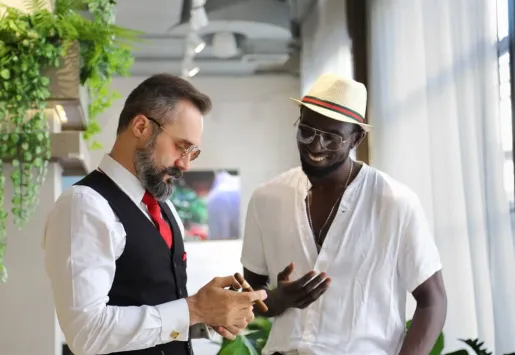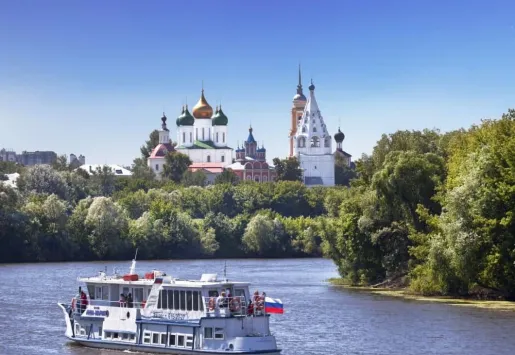
The Cuban tourism industry saw a slight increase in the year's first half, primarily due to bookings from Russia. However, the overall occupancy rate is still significantly below pre-coronavirus levels and is insufficient to compensate for the severe lack of foreign currency. While there has been some gradual improvement, it is uncertain whether the goal of attracting 3.2 million visitors by the end of 2024 can be met. This uncertainty should be attributed to the multiple sanctions imposed by President Donald Trump and his successor, Jo Biden, which also affect the tourism sector.
According to the National Office for Statistics and Information (ONEI), 1.3 million international guests had arrived on the Caribbean Island by the end of June, 11,300 more than during the previous year. The slower-than-expected growth is partly attributed to reduced flight capacities from Europe. For several years, Canada has been the top source market for travelers to Cuba, with nearly 580,000 visitors.
The second largest group of visitors are Cubans living abroad. The largest increase is among tourists from Russia, who were already in third place by June with just under 113,000 guests. This marks an increase of around 67 percent compared to almost 68,000 visitors during the same period last year, making Russia a promising force behind the still modest recovery alongside Canada.
According to Cuban Tourism Minister Juan Carlos García, the island republic is taking proactive steps to ensure a steady flow of tourists. The expectation of 200,000 holidaymakers from Russia this year and up to half a million in the coming years is a testament to the government's commitment. Conditions for this influx have already been prepared, including accepting Russian Mir credit cards in Cuba since December.
Currently, Cuban banks are considering issuing Russian payment cards, known as Mir cards. Additionally, Havana is anticipating increased tourism from China. In early May, García revealed that Chinese citizens would no longer require visas to visit Cuba. Later, direct flights between Beijing and the Cuban capital, which had been halted during the pandemic, resumed with two flights per week for the time being.
In the stagnant European market, Cuba aims to attract visitors interested in unique landscapes, the island's culture, and beauty, offering an experience beyond sun and beach tourism. The goal is to position itself as an archipelago of peace, health, and security. However, the current crisis, mainly due to US sanctions, impacts the sector the government hopes to boost.
















